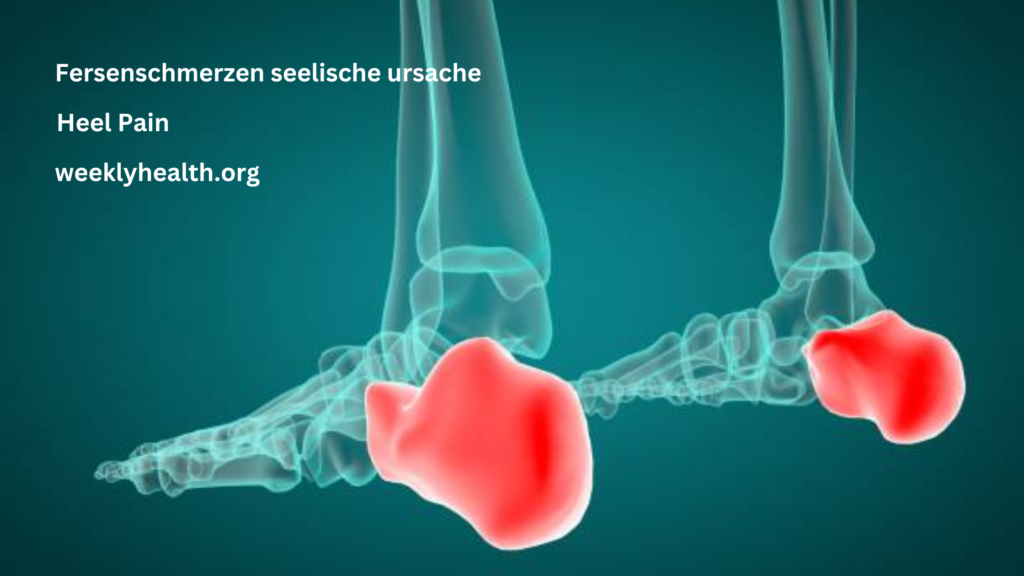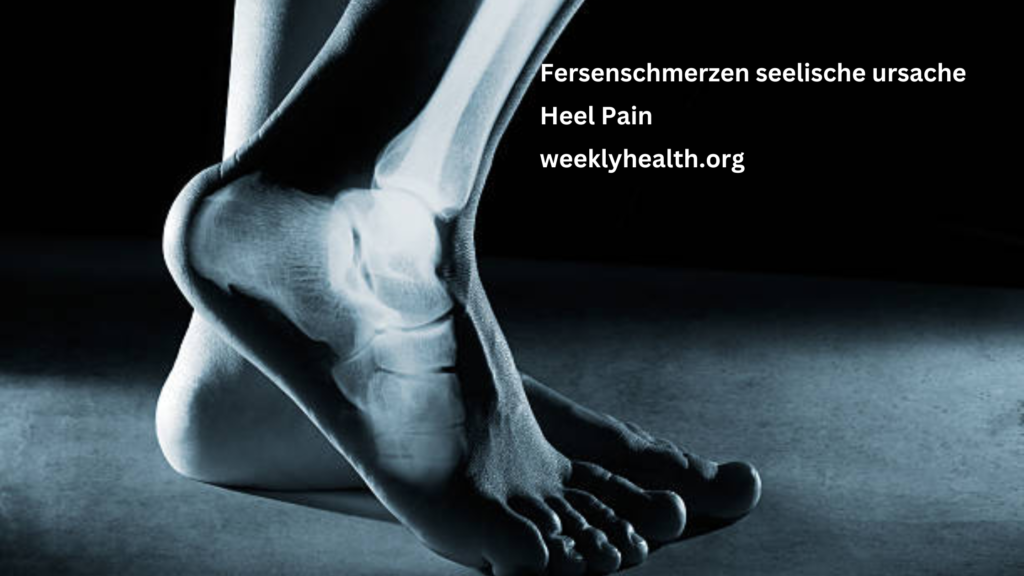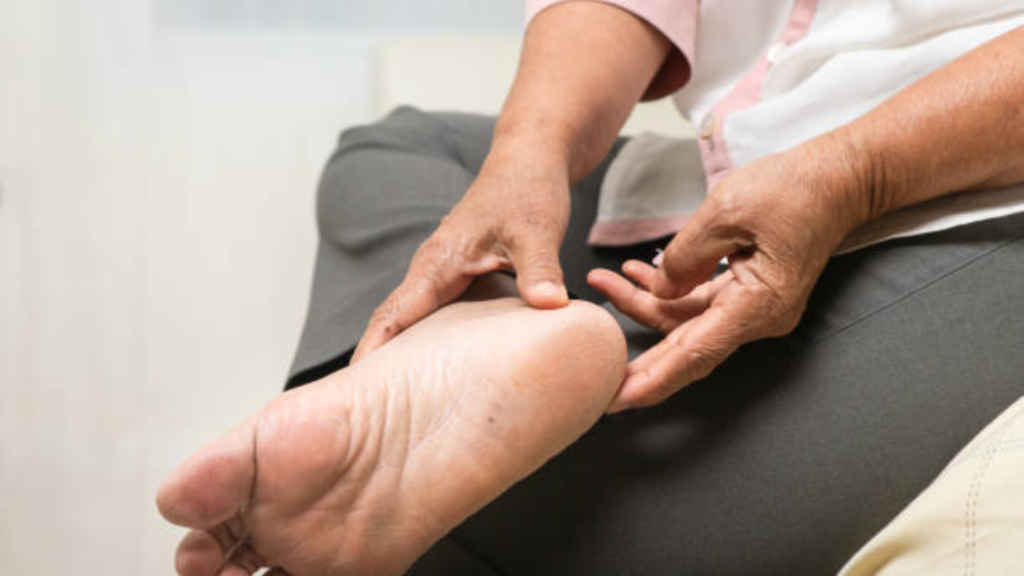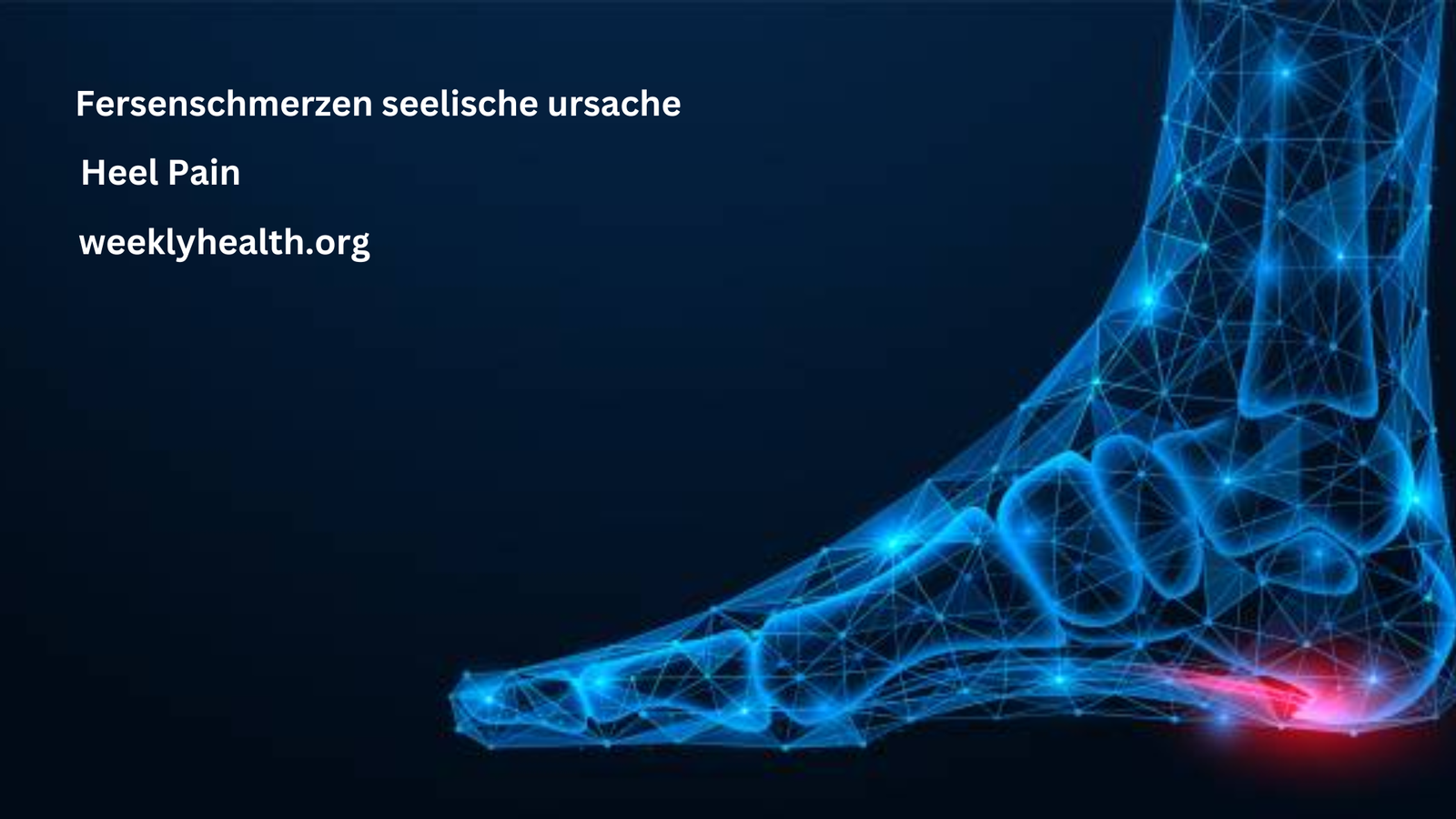From Stress to Relief, Causes and Solutions
Heel pain, medically identified as heel pain, can be an excruciating and debilitating state of affairs. While physical elements such as plantar fasciitis, Achilles tendonitis or bone spurs are common culprits, emotional and mental elements can also play a significant role in heel pain. In this text, we will explore the emotional reasons for heel pain, know-how, how stress, tension and extraordinary emotional states can affect the body, and how addressing these emotional issues can relieve heel pain.
Information on the mind-body connection
The mind-body connection is a nicely set idea in both traditional and medical occasions. This connection means that our emotional state can greatly affect our physical fitness. Constant stress, unresolved emotions, and psychological trauma can occur in a number of physical ailments, including heel pain.
Heel pressure and pain
Pressure is one of the most unusual emotional elements that can lead to physical pain. When we’re harassed, our body releases hormones like cortisol and adrenaline that set us up for a fight-or-flight response. This reaction can result in muscle tension, irritation, and reduced blood flow to certain areas of the frame along with the feet. Chronic strain can result in prolonged muscle distress and irritation, contributing to conditions such as plantar fasciitis and Achilles tendonitis.

Heel tension and pain
Tension can also play a huge role in heel pain. Tension regularly leads to excessive excitement of the nervous gadget, causing muscle anxiety and spasms. In addition, anxious human beings may unconsciously alter their posture or gait, resulting in improper alignment and increased pressure on the heels. Over the years, this can lead to persistent heel pain.
Psychological trauma and heel pain
Mental trauma, whether from an unrelated event or prolonged exposure to stressful conditions, can have a profound effect on physical fitness. Trauma can lead to chronic muscle tension, change in body mechanics, and even changes in the way the brain strategies to alert you to pain. Individuals who have experienced trauma may be more sensitive to pain and may feel pain in areas of the body that are not apparently related to the trauma.
Emotional suppression and heel pain
Suppressing emotions can also cause physical pain. When feelings are not expressed or processed, they can become trapped inside the frame, leading to muscle anxiety and pain. For example, a person who constantly represses anger or frustration may additionally increase persistent tension in the toes and feet, contributing to heel pain.

Addressing the emotional reasons for emotional ache
Understanding and addressing the emotional reasons for heel pain is crucial for good treatment. Here are a few strategies to don’t forget:
1. Pressure management strategies
Incorporating pressure control strategies into your day by day routine can extensively lessen heel pain. Practices inclusive of meditation, deep respiratory physical games, yoga, and mindfulness can help calm the anxious machine and reduce muscle anxiety.
2. Remedy and Counseling
Searching for therapy or counseling may be beneficial for addressing underlying emotional contributors that can contribute to heel pain. Cognitive-behavioral remedy (CBT), specifically, can help people alternate terrible notion patterns and behaviors that contribute to strain and anxiety.
3. Physical hobby
Ordinary physical hobbies can help release build-up tension inside the muscular tissue and enhance typical intellectual health. Activities like on foot, swimming, or mild stretching can be especially useful for individuals with heel pain.
4. Thoughts-frame Practices
Thoughts-body practices inclusive of Tai Chi, Qigong, and Feldenkrais approaches can help enhance body cognizance, reduce stress, and sell relaxation. These practices focus on gentle movements and mindful awareness, that can help alleviate heel ache.
5. Journaling and Expressive Writing
Journaling and expressive writing may be powerful gear for processing feelings and lowering stress. Writing about your emotions and reports can help release pent-up feelings and provide insights into the emotional reasons for your ache.

Remedy approaches
Addressing heel pain which can have psychological roots requires a multifaceted approach:
Scientific assessment: it is essential to seek advice from a healthcare expert to rule out physical reasons for heel ache. This can involve imaging exams and an intensive exam to understand the underlying problems.
Psychotherapy: conducting therapy can help people discover and deal with emotional problems that may be contributing to their bodily pain. Techniques inclusive of cognitive-behavioral therapy (CBT) can be specifically effective in handling strain and anxiety.
Mindfulness and rest strategies: Practices inclusive of yoga, meditation, and mindfulness can help alleviate strain and anxiety within the frame, potentially decreasing heel pain. Those techniques sell a better mind-frame connection and might enhance normal nicely-being.
Bodily therapy: A physical therapist can offer focused sporting events and treatments to relieve heel pain at the same time as additionally thinking about the emotional components of the condition. This holistic approach can cause more effective ache management.
Heel ache can frequently be extra than just a physical problem; it can be deeply intertwined with psychological factors. Knowing this connection is essential for a powerful remedy. By means of addressing each of the bodily and emotional aspects of heel ache, individuals can work closer to a more complete restoration process, mainly to step forward quality of life and reduce soreness.
Conclusion
Heel ache is a complicated situation that may have both physical and emotional reasons. By using information about the emotional factors that make contributions to heel pain, individuals can take an extra holistic approach to treatment. Incorporating stress management techniques, looking for remedies, engaging in bodily activity, and practicing thought-body techniques can all help alleviate heel aches and improve the typical nice-being. Take into account, addressing the emotional reasons for heel pain is simply as critical as treating the bodily signs and symptoms, and a complete approach can lead to extra powerful and lasting relief.



